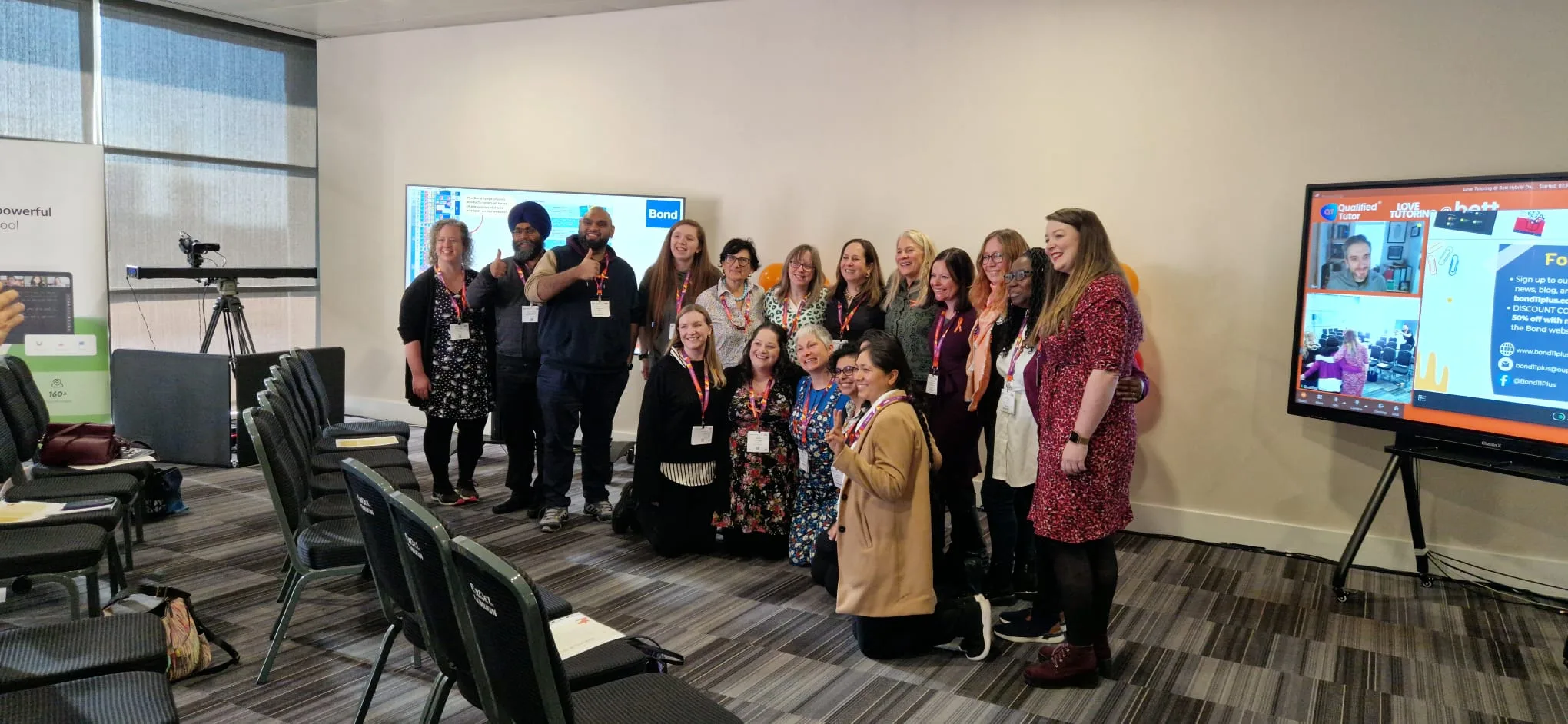SEND Series with Jack #3: Pathologising
When we define a problem as a disease, we often act as if a diagnosis were a solution: paste on a label and then end the discussion as if we’ve accomplished something. But then nothing ever changes.*
I think we see the effects of this in the land of SEND more often than in other places. A child displays a catalogue of behaviours that are deemed undesirable in context. One of two things usually follows; either the child is labelled naughty, lazy and/or stupid, or the child is flagged for referral and (often after several years) receives a diagnosis.
Stupid, naughty or lazy?
For the child in this camp, life becomes difficult after their problems are reduced down to a label. Children in this category find themselves sitting at the “lowest” table or moved to the “bottom” set. Some of you may find this resonates with you as you have experience of this yourself.
We become the stories we tell ourselves.
If we are receiving all this external validation of the idea that we are naughty/stupid/lazy, how could we possibly believe anything else? Especially as a child, hardwired for learning about the world, from the world.
The Official Diagnosis
The child with the diagnosis faces a similar but more official set of labels. During the course of being identified as a diagnosable child, professionals and careers will have written and spoken about the ways in which the child is behind their peers, developmentally delayed, struggling etc. The child will undergo multiple tests, with multiple strangers, and they will eventually be given a label. If they can google their label, they will be met with a list of ways in which they fall outside of what is normal. This child risks receiving the message, affirmed by professionals, that they aren’t enough.
So, Jack, are you saying no labels ever?
No, dear reader, of course not.
But Jack, you just spent a few hundred words telling me that labels are bad.
Yes, in some contexts. Labels aren’t inherently pathologising.
Here’s what I think.
Labels are useful for people with them to access the support they are entitled to.
Labels are useful for people with them, to help them find other people who may be experiencing similar challenges to them.
Labels are useful as a starting point for people with them to understand what kinds of behaviours, challenges and strengths the student they work with may experience/exhibit.
But, as noted by the quote at the top of the article, if the label is the only thing we see, we run the risk of viewing the label as a solution, when it clearly isn’t.
The label is only the beginning.
The ongoing work, which is difficult and requires lots of learning and unlearning, is to keep having conversations about what the specific needs are of the specific individual, in the specific context that you find them.
_________________________________
*Chapter 6: Building a Culture of Consent. Easton, D. and Hardy, J.W. (2017). The Ethical Slut : a practical guide to polyamory, open relationships and other adventures. 3rd ed. California: Ten Speed Press.
Recommended Posts
Maximising Success: Insights from a Tutoring Business Club Session on Hiring and Managing Tutors
In a recent session hosted by Odette Wolhman, co-founder of Qualified Tutor, participants of the monthly Tutoring Business Club came together to explore the intricacies of hiring and managing tutors effectively. This dynamic discussion shed light on crucial strategies...
The importance of cheerleaders in your tutoring
What a powerful session today in Supervision Circles! May is all about growth - whether it's in our businesses, our health, our family life, or simply finding joy in our everyday moments. Today, we dove into the essence of growth using the 4 Helpful Lists tool, and...
Exploring Growth Through Reflection: A Dive into Supervision Circles for Qualified Tutors
In the dynamic world of tutoring, where every day brings new challenges and opportunities, the journey of professional growth is a constant evolution. As tutors, we strive not only to empower our students but also to enhance our own skills and practices continually....




0 Comments